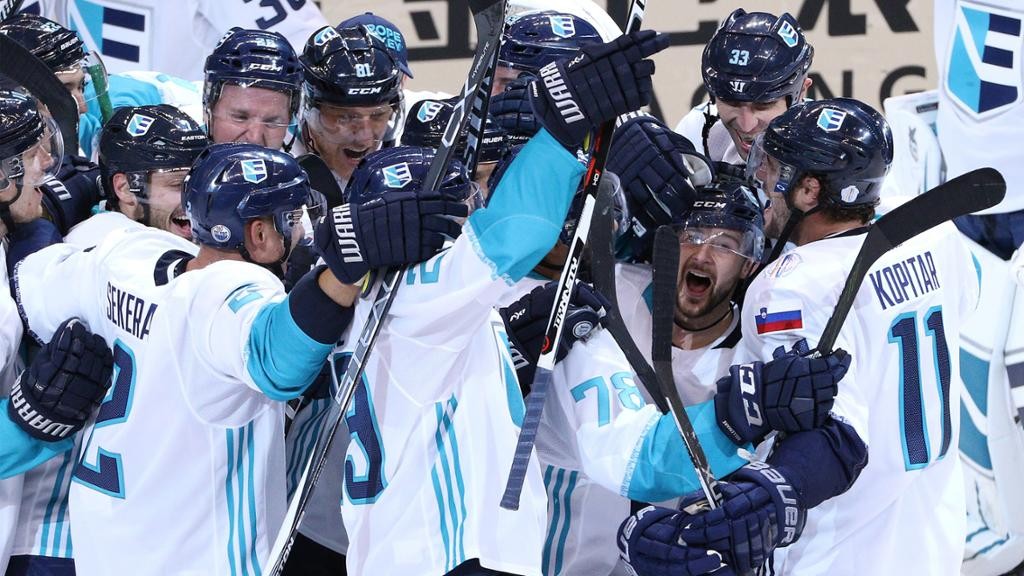At first, an underestimated project of Team Europe in the World cup in hockey can serve as a useful inspiration in the pursuit of finding what is the best way for the European Union to operate. Especially after the referendum in Great Britain, the media started to discuss two scenarios of the development of the EU. A scenario of a step-by-step disintegration in which Brexit is just the beginning, and a scenario of even tighter integration, where Brexit boosts this process. However, there is also a third scenario: lets call it “a flexible EU”.
The project of the hockey Team Europe is a practical example of advantages coming form a flexible approach. First of all, it enables those European countries which have an established competitive team to enter on their own. The Finns, the Czechs and the Swedes did not need any “European” solutions mostly because they felt that they can succeed in the international competition on their own. At the same time, Team Europe is an amazing solution for countries with a handful of excellent hockey players, yet not enough to create a team which would be competitive on the international scene. For Slovakia, Switzerland, Denmark, Slovenia and the likes, Team Europe is the only way to allow their players to play in the competition with the largest number of the best players in the history of hockey.
The Team Europe project isn’t over-ambitious, the goal isn’t to replace all representations, but just those for which it would be advantageous and give them another opportunity. It is a project which was created without unnecessary pathos, which is often an annoying part of “European” projects in the political area. In the end, it is a project which is based on pragmatism, on evaluation of what it can bring to the countries in comparison with the situation where the countries don’t take part in the project. The participation isn’t forced, the project is created naturally and willingly. And nobody uses the argument of common interest, nobody blackmails others with it. The common interest is created as a result of interests of individual countries.
Team Europe is a surprisingly inspirational example of values, by which the EU should carry out the future development in economic as well as social and political areas. There is no forced integration or harmonization, but a flexible connection everywhere the participated countries see added value. In recent past, the leaders of the EU flew to Bratislava, took a ride on a ship on the Danube, but they didn’t come up with anything new. Maybe for the future of the European Union, it would be more useful to stay at home, watch a match of Team Europe and get inspired in this way.
Translated by Filip Bolčo



